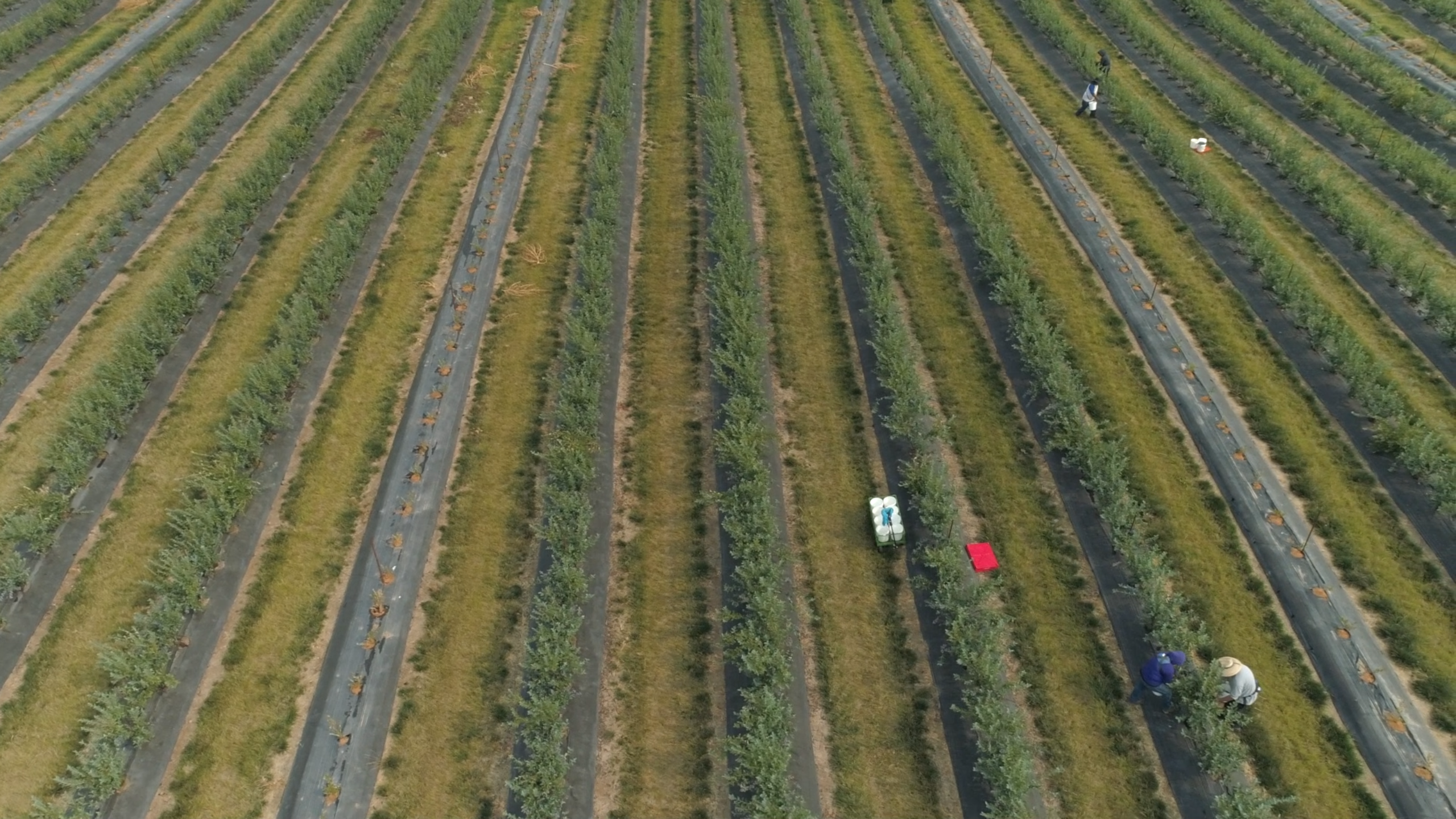Welcome to the AC Mindset, where explore the compelling reasons why farmland presents such an attractive investment opportunity, and explore two popular investment strategies: direct ownership and operation, and leasing.
Why Consider Farmland Investment?
- Tangible Asset: Farmland is a real asset that holds inherent value. Beyond its classification, it’s a source of food, fiber, and fuel, providing a layer of stability in fluctuating economic climates.
- Diversification: Integrating farmland into your portfolio can broaden your investment base beyond traditional assets, offering historically low correlations with other financial markets. This can help stabilize returns and minimize overall risk.
- Steady Income: Whether through rental payments or the sale of crops, farmland investments can create a dependable income stream. Leasing to farmers can offer regular rental income, while direct farming may produce income from commodities grown on the land.
- Inflation Hedge: Historically, farmland has been an effective hedge against inflation. As food prices increase, so can the value of the commodities produced, potentially boosting both operating and rental income, as well as the land’s overall value.
- Appreciation Potential: Farmland typically appreciates over time. Factors like growing global demand for food and development potential can elevate land values, providing potential capital gains for long-term investors.
- Sustainable Investment: Your investment in farmland supports sustainable and regenerative farming practices that contribute to broader environmental objectives while reducing long-term operating costs and unlocking new sources of income.
- Tax Benefits: Certain investors may find tax advantages in farmland investments.
Comparing Investment Strategies: Direct Ownership vs. Leasing
Choosing between Direct “Own and Operate” and “Own and Lease” depends largely on the investor’s goals, expertise, and desired level of involvement in the operation.
- Direct Ownership and Operation: This hands-on approach involves buying farmland and managing it directly or via a third-party. It allows for complete decision-making control over crop and cultivation methods, potentially offering higher returns from direct operations. However, it requires significant upfront investment, is operationally demanding, and carries risks like crop failure and market volatility.
- Ownership and Leasing: Here, investors buy land and lease it out, providing a more passive investment route with steady rental income. This strategy involves less day-to-day management while benefiting from the tenant’s expertise. However, it offers less control over farming operations, which may affect productivity and rental income.
Agriculture Capital’s Investment Philosophy and Strategy
At the heart of farmland investment is its productivity, influenced by geographic location, soil quality, biodiversity, and water resources. Since 2014, Agriculture Capital has pioneered the integration of regenerative agriculture into our investment strategies, enhancing these fundamental aspects. By invigorating natural systems, regenerative practices add natural capital of the land, to not only mitigate risks and enhance returns, but also pave the way for a sustainable and resilient future.
Agriculture Capital continues to set the standard, showing that sustainable farming practices can enrich our environment and deliver solid economic returns.
For more information, feel free to contact us at acmindset@agriculturecapital.com.
